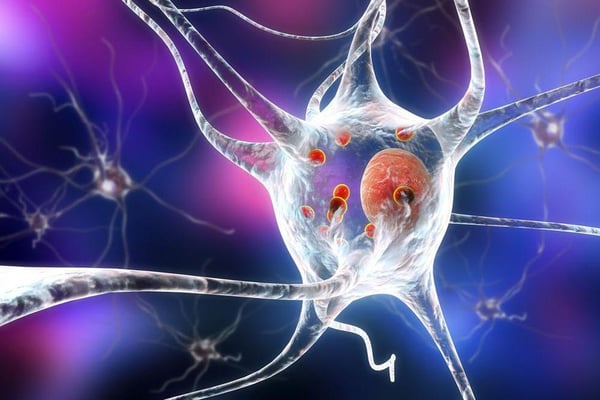New Insights Into What Might Drive Parkinson’s Disease

MONDAY, Nov. 29, 2021 (HealthDay News) -- A defect in the blood-brain barrier may play a role in Parkinson's disease, a groundbreaking research study suggests.
The blood-brain barrier acts as a filter to keep out toxins while still allowing the passage of nutrients to nourish the brain. This study found that in some people with Parkinson's, the blood-brain barrier doesn't work right.
In these patients, the barrier traps toxins in the brain, prevents glucose and other nutrients from getting in, and permits inflammatory cells and molecules from the body to enter and damage the brain.
"Much work remains to be done, but just knowing that a patient's brain vascular system is playing a significant role in the progression of the disease is a very promising discovery," said senior study author Charbel Moussa. He is director of the Translational Neurotherapeutics Program at Georgetown University Medical Center in Washington, D.C.
The findings could point the way to new treatments for Parkinson's disease, according to the report published online recently in the journal Neurology: Genetics.
"To our knowledge, this is the first study to show that the body's blood-brain barrier potentially offers a target for the treatment for Parkinson's disease," Moussa said in a university news release.
The findings stem from an advanced genome study of the cerebrospinal fluid of 75 patients with severe Parkinson's disease. The results were compared before and after off-label treatment with the leukemia drug nilotinib, or with a placebo.
The new results could help explain earlier findings that the drug nilotinib was associated with a reduction in movement problems and an increase in quality of life in Parkinson's patients.
"Not only does nilotinib flip on the brain's garbage disposal system to eliminate bad toxic proteins, but it appears to also repair the blood-brain barrier to allow this toxic waste to leave the brain and to allow nutrients in," Moussa said.
"Parkinson's disease is generally believed to involve mitochondrial or energy deficits that can be caused by environmental toxins or by toxic protein accumulation. It has never been identified as a vascular disease," he added.
More information
The U.S. National Institute on Aging has more about Parkinson's disease.
SOURCE: Georgetown University Medical Center, news release, Nov. 12, 2021
Related Posts
Quitting Smoking Earlier Is Always Better for Lung Cancer Survival
MONDAY, May 8, 2023 (HealthDay News) -- Quitting smoking will have benefits,...
Pitavastatin Cuts Risk of Cardiovascular Events in Patients With HIV
TUESDAY, July 25, 2023 (HealthDay News) -- For patients with HIV infection,...
¿Le encantan el café y el chocolate negros? Quizá se deba a su ADN
JUEVES, 30 de diciembre de 2021 (HealthDay News) -- Si le gusta el café negro,...
Los niños sordos son ‘iguales, sanos y plenos’, afirma un grupo de pediatras
MIÉRCOLES, 30 de agosto de 2023 (HealthDay News) -- Ha llegado el momento de que...
